|
Gall Bladder This assignment had a few set backs, I was lucky to print this right at the start of this assignment and citra-solv it at the start of class. I was fortunate to also use the right printer to get a good transfer. The design concept to creating this image was from learning about Wu-Xing, a Taoist theme but creating it in the style of Robert Rauschenberg's Yellow body.
I had to find two elements from each phase of the five phases in Wu-Xing. Wood - Gall bladder, Tears Fire - Small intestine, Pulse Earth - Anxiety, Dna Metal - Venus, Old age Water - Fear, Death After I found two images on the internet I then printed three different sizes of each of the total 10 images to have 30 total images to Citra-Solv *NOTE, That all images should be reviewed and consider if the should be flipped horizontally if words or numbers were showed. That way everything would read correctly on the transfer was completed. The meaning had to be our own and we must avoid using copyrighted material, if we did it must be used in a new meaning that we could explain, If we did we must be able to cite the source with some sort of labeling to give credit to the original artist. The use of pre-existing work should be avoided but using the style of another artist with your own meaning is better to do. Before creating our Citra Solv transfer we had to examine Robert Rauschenberg's Yellow Body (1968) In reviewing the Yellow body There is a travel theme that seems to be a glimpse of a memory. In this piece you see a Plane a semi truck a woman singing which was Janis Joplin. You can see a 1960's rock band a Credit card, Wilt Chamberlain and a bicycle. All of these images refer to travel that he must have done. A lot of these images are iconic like Janis Joplin and Wilt Chamberlain. It was very interesting how he framed everything in a Yellow and centered it. The lines that go across from the left to the right, which gives this image movement to go along with the theme. After all of this was taken to account I picks different images that expresses time through beauty and aging, along with pain. I used images that had eyes in some of them. This would give a sense of unity but not wanting to have eyes in all my images. I was very focused on how I citra solved my images because of pain they had to go pressed with different angles and semi circular strokes. I was trying to express pain. Juxtaposition was an easy thing to arrnage my images at first but them after 5 images it became more difficult because of using the space correctly and making sure I had a vision of the end result ahead of time. I was worried about the overall balance and knew that I wanted to express the pain by having one side free of images to express the pain of not being able to stand upright because of pain. My perspective was straight forward, which is why I didn't use my last image. It was angled with a deep perspective and did not use it. Peter said that I did not have to use all of my images, so I chose not to use it. Lastly when it came to repetition I used my images and spread them out based on a triangular composition. This seems to be something that I try to see with my graphic design process and it photography. This is probably the first thing I have created that I will frame and place in my work room! Artist: Steve Gonzalez Title: Gall Bladder Year: 2018 Citra Solv on 15" x 22" Deckle Edge Stone Hedge paper.
0 Comments
The timeline inspired by Herb Lubalin was what I had to create to show the different time periods of art that we have covered in Art107. We had to make a rough draft and a 2nd draft before moving on to the final version.
The biggest challenge was to fit all of this within a 5.5 in by 30 in piece of paper. The book would be an acordian folded book.The timeline began from the 1600's to 2050. The difficulty was that there had to be balance even though from 1600 to 1885 the only period was the Boroque Period. The time line had to be represented equally across the entire 30 inch long piece of paper. Towards the end of the timeline there were about four periods that were very close to each other but still thinking about visual balance and always considering the Style of Herb Lubalin. The research of Herb Lubalin was easy, I could see that he focused on Typography, everything was clean and black and white. At that point once I could come up with a proper sequence to display my periods I then began to work on my final draft. I drew a ribbon and on the left side of the ribbon please notice how the line started under and then went over the line on the right. I was trying to represent time going forward from the 1600 to 2050. By using my method I was able to place a period on each fold and because there was 8 folds but there were nine periods. One period had two images on it. This was the best compromise to giving a visual balance along with showing all periods without cluttering or bunching it all together. The only part I felt that was not in the style of Herb Lubalin was the use of colorade paper. I wanted to use this to help me for my cards to show what images belong to which period. My 4 sketches for the design of the book cover. I had to make different sketches to try and find the right design that reflected my flip book. Mad helped me with a concept that reflected my flip book with changes made to making some of the words look like tape and the word WALL look like it was written on tape. I chose to write my letters with a San Serif with wide lettering and the word WALL done in black with shading towards the bottom. Instead of writing the word fly I chose to draw a fly instead. Let me point out that this was a long process of taking photos of these images and creating a book out of the 40 images. Each of these photos were done with a app that allowed up to take it in video format but slowed the frame rate down to grab each image. Once my cover was finished, I bounded the book with PVA glue. I collated and clamped the pages together and filed score marks across the side of the spine and used PVA glue to secure them together. This is called a perfect bind. Once it was fully assembled and you flip through the book like in the video, you can see the persistence of vision, you can sense the flow, like a video. Just like time lapse photography, where you take so many images per second. This is one of the books I have learn to make. Its a lot of work but a skill worth learning and something to appreciate in books that I see in the future.
|
AuthorMy Name is Steve Gonzalez, coming back to school after a lot of years. I am determined to get this done. Sometimes I wonder if I will make it. Archives
November 2018
Categories
All
|
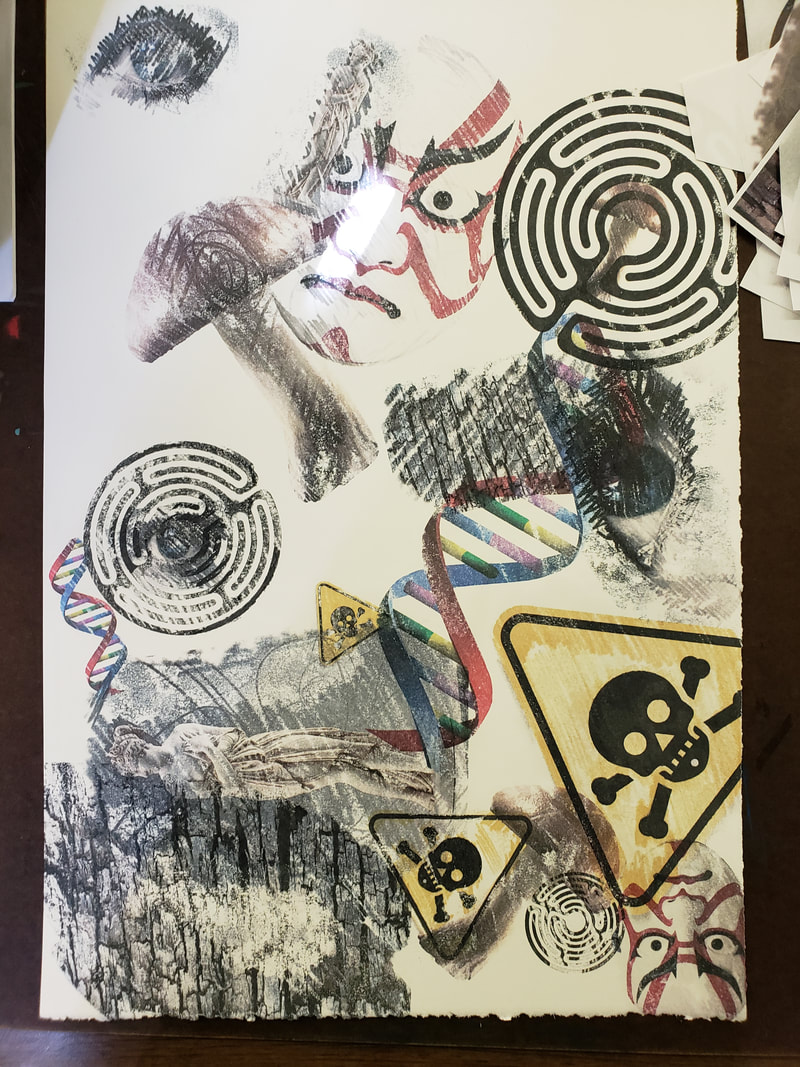
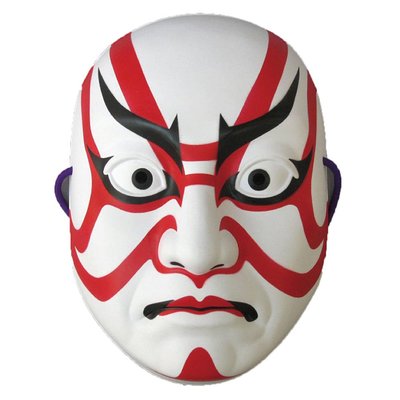
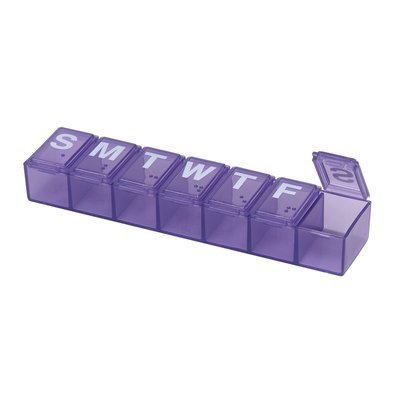
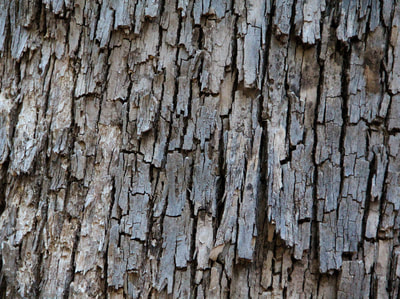

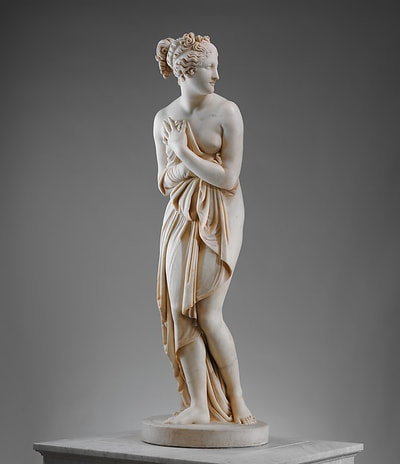
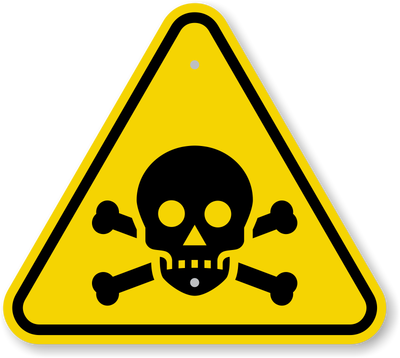
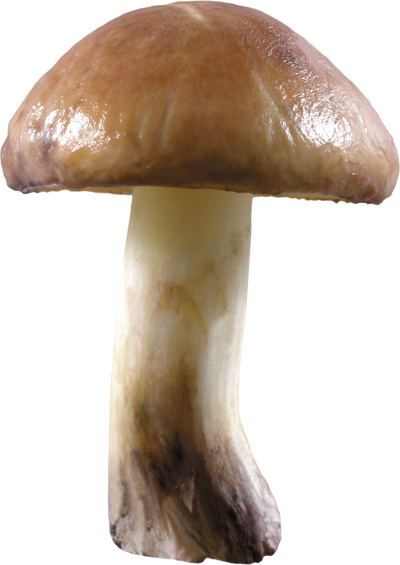





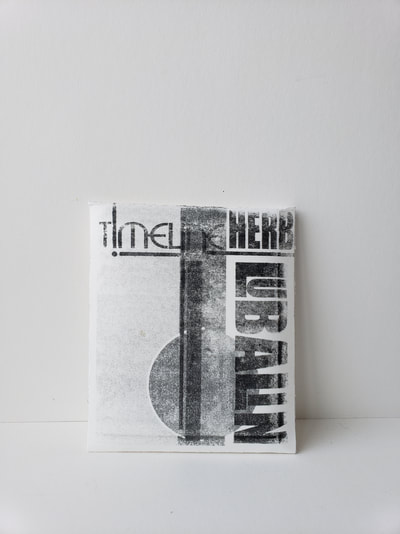
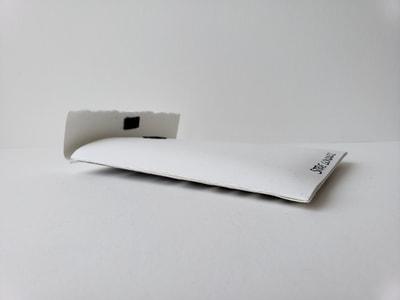
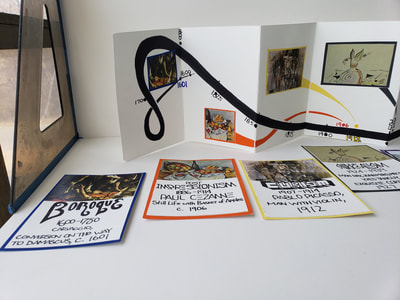
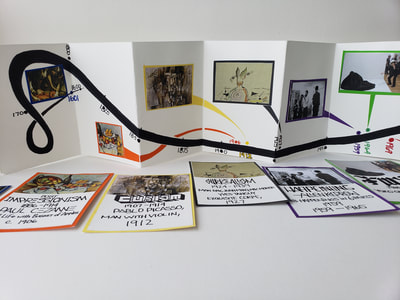
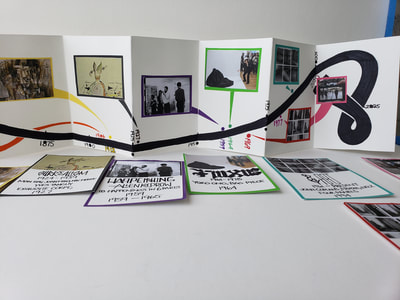
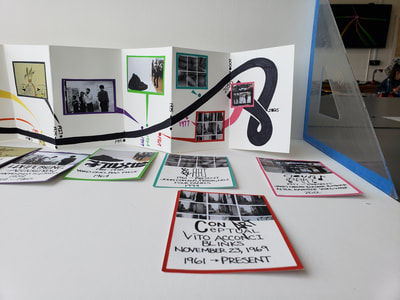
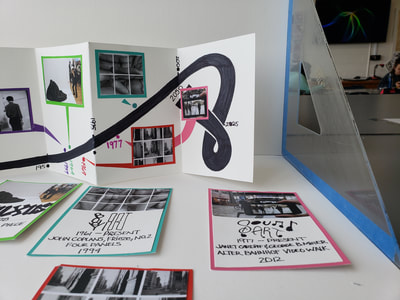
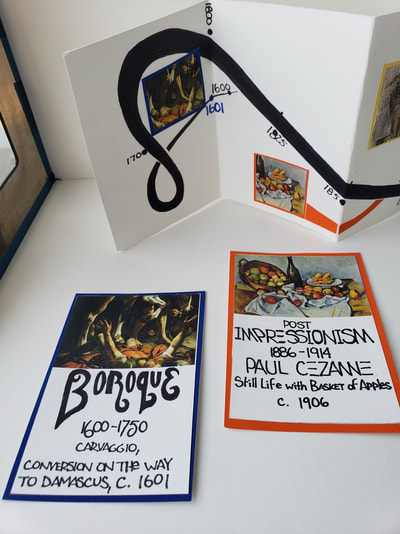
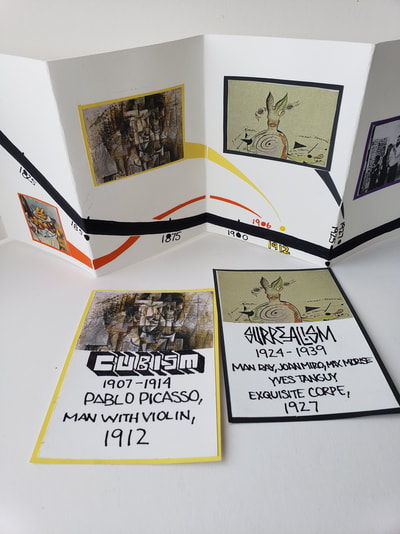
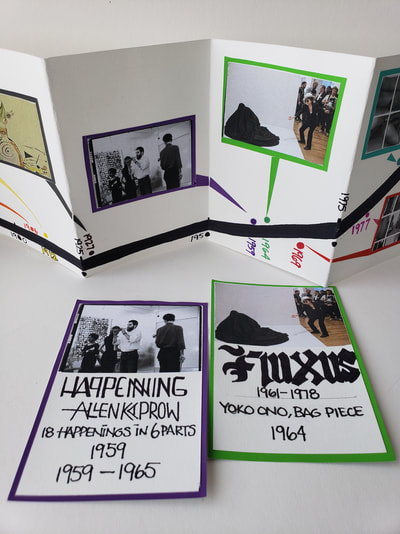
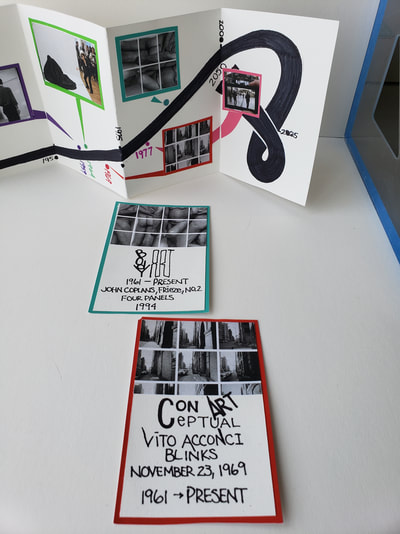
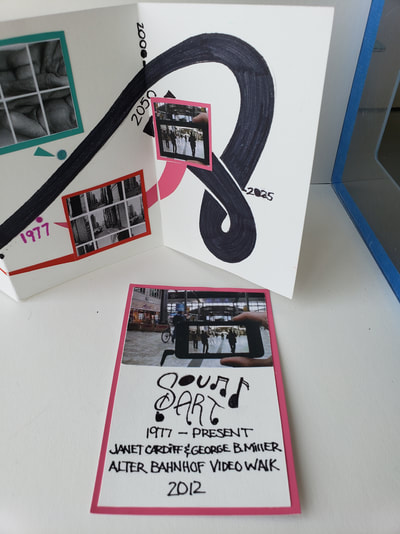
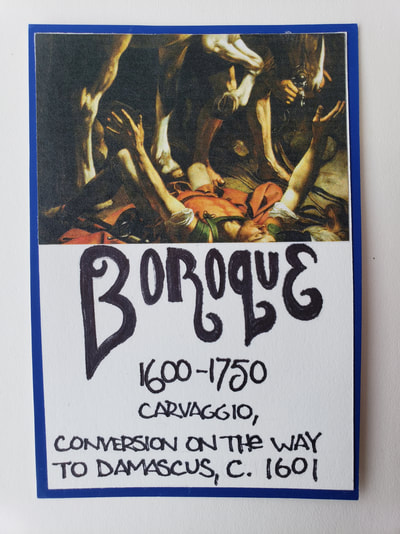
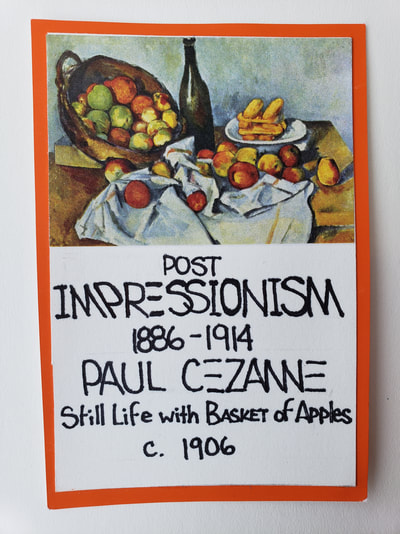
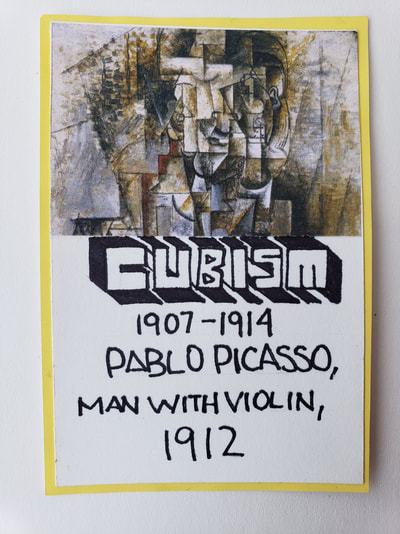
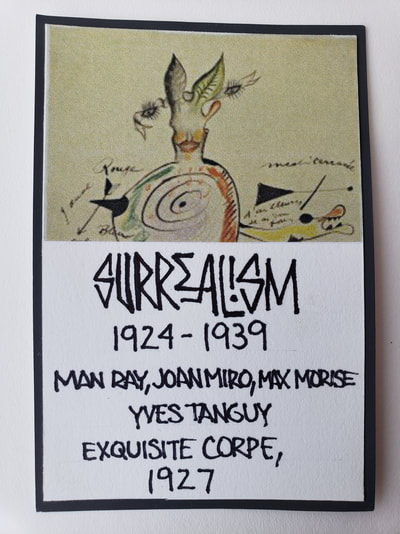
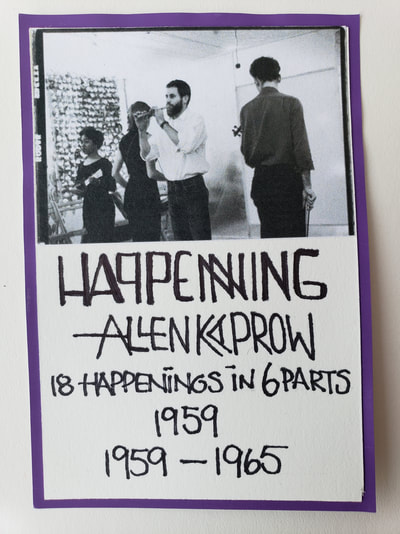
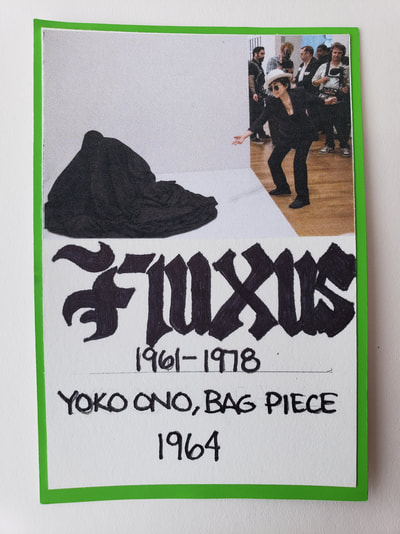
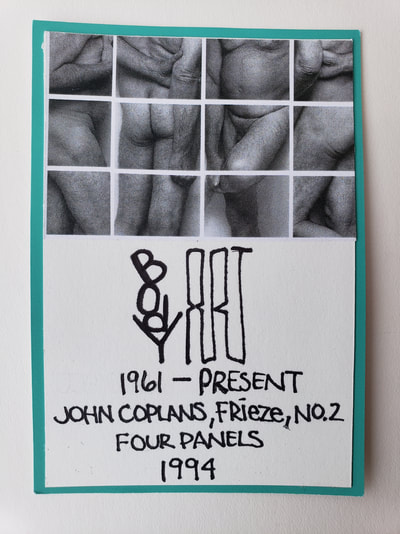
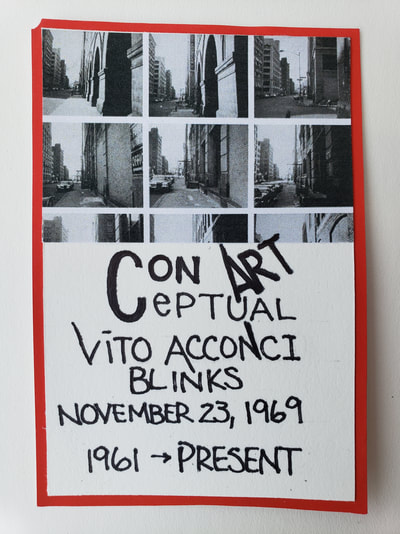
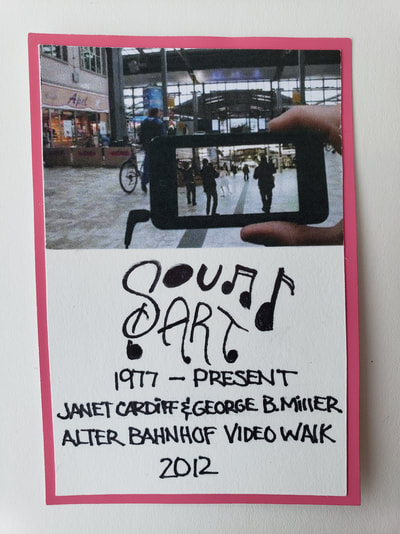
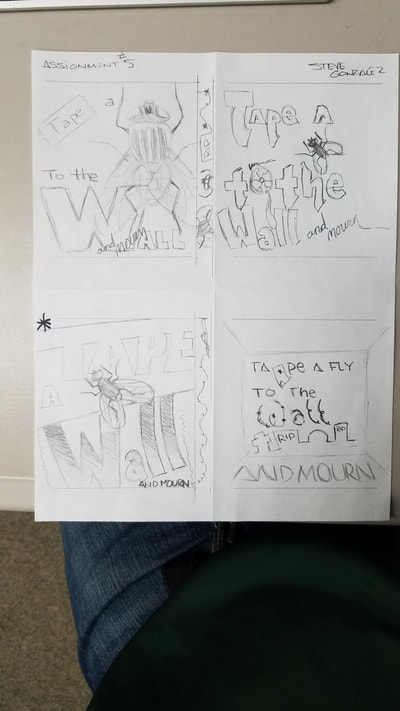
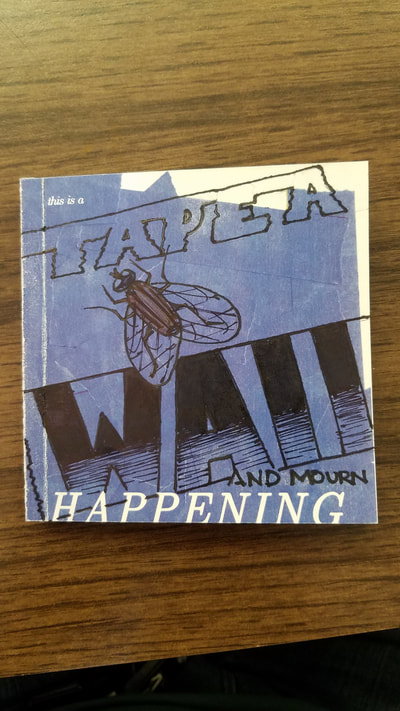
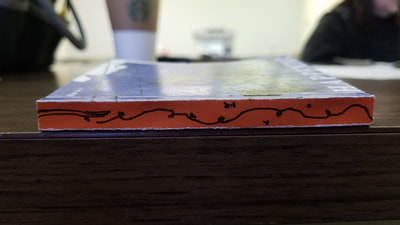
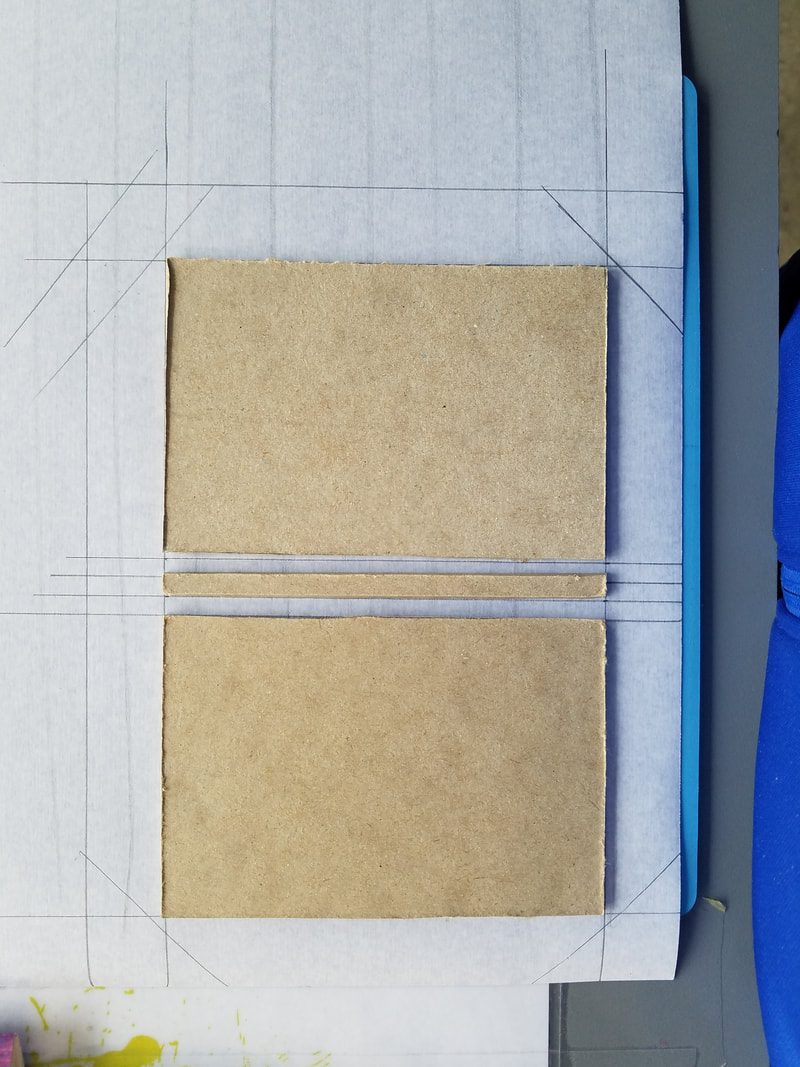
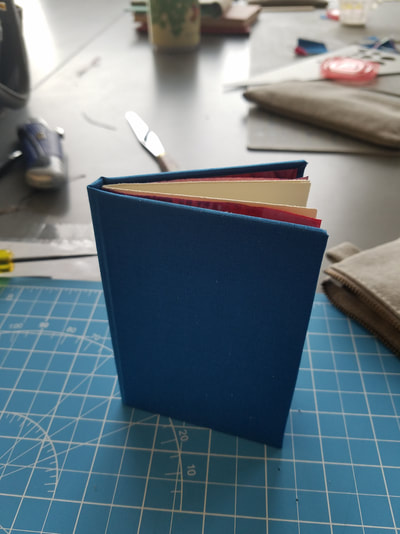
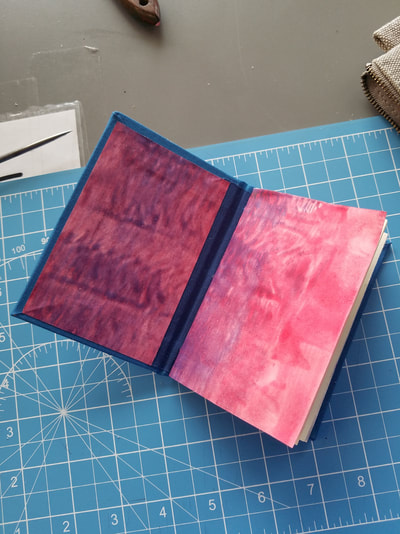
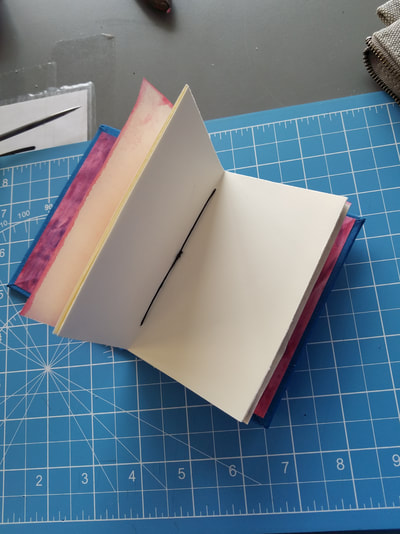
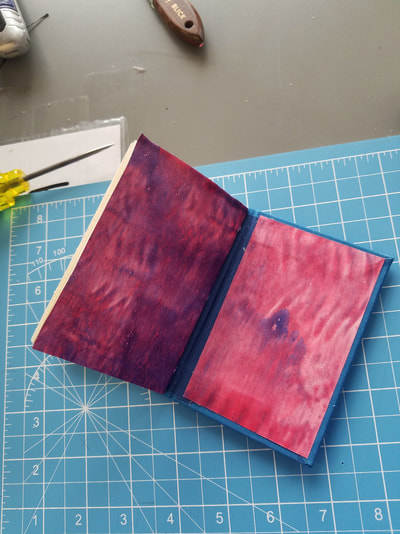
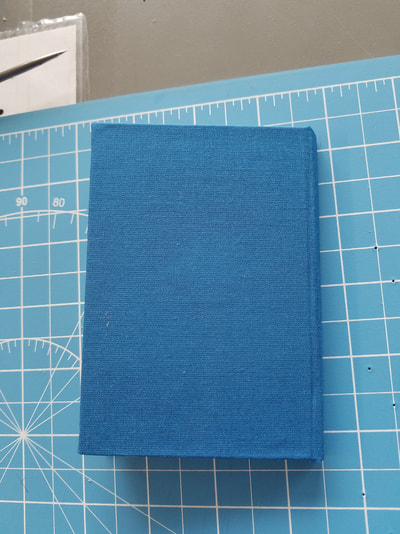
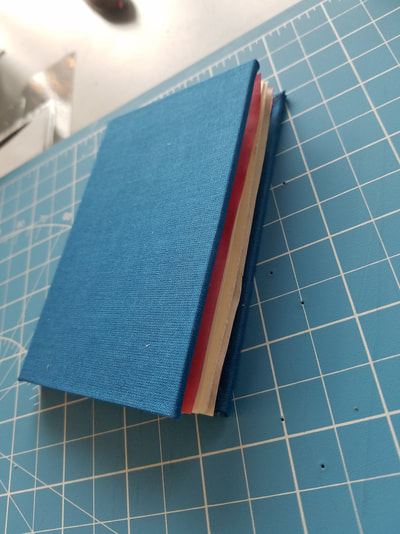
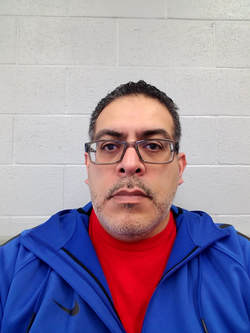
 RSS Feed
RSS Feed
